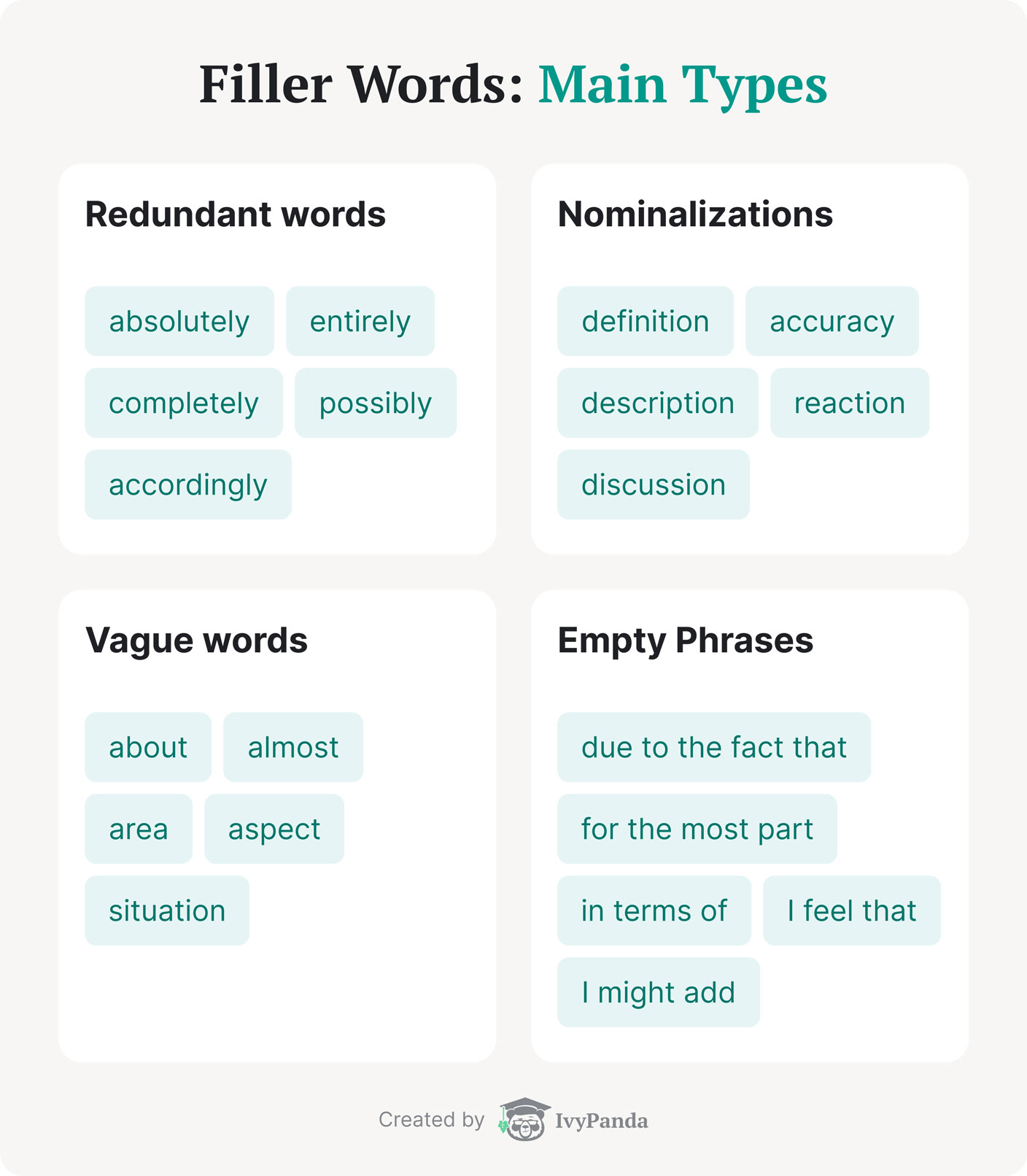
A tiny hint: If the word can be removed without affecting the meaning of the sentence at all, it’s a junk word.Īlso, pay attention to the punctuation. Try your linguistic hunch at deciding which word belongs to which group. What “parasite words” do you know in your language?īelow, you’ll find both linking words and parasite words. I mean, no need to be a psycholinguist to notice the attitude we have toward parasite words. For this reason, most public speaking coaches recommend keeping them in check. They’re harmless if not overused, but an excess of parasite words in your speech makes it interrupted and hard to follow.

Parasite words are junk words and sounds that serve no purpose other than filling the gaps in your speech. If you wrote essays in school, I bet you’re quite familiar with the concept of connecting two ideas. Even though, technically, you won’t lose much by removing them from a sentence, they’re still common in speech as well as writing. They serve as a “bridge” that facilitates the transition from one idea to another. Linking words are the transition words we mentioned earlier. We can divide Russian fillers into two groups: linking words and “parasite words.” Fillers can also help you gently approach delicate topics, for example, or let your partner know that you’re about to say something. And no, it’s not only about negative emotions. In some cases, fillers provide clues about the speaker’s emotions and attitude: uncertainty, hesitation, impatience, you name it. ( Basically, the first word in this sentence is a transition word, just to give you an example.) In this regard, they’re similar to transition words.

But they’re more decorative than they are meaningful. Some filler words serve as a link between two ideas. They send a signal to our partner that we haven’t finished our thought yet and just need more time to find the right words.

Um… Yes! The Martian as well! Table of Contentsįiller words (or fillers) are words and sounds that we use to fill pauses while speaking. In this article, you’ll learnabout the functions of fillers, take an in-depth look into our list of Russian filler words, and find out some ways you can substitute-or even completely omit-fillers when speaking. Not to mention that it’s very common for even intermediate and advanced learners of Russian to just thoughtlessly insert a filler from their native language here and there. And today, you’ll learn the top 15 Russian filler words and get a step closer to fluency.įiller words are extremely common, and knowing them is key to understanding native Russian speakers.

They give you some time to gather your thoughts. They express hesitation, impatience, and surprise. That’s the type of word we’ll be talking about today.Ĭontrary to common belief, filler words are not useless. And I bet “like” or “um” would be the first ones to cross your mind! And you’d be right. I’m sure you could come up with at least a couple more filler words yourself if I told you they pop up whenever you stammer. What was the sound you made when you were (painfully) trying to remember the fifth one? That’s a filler. But first, let’s set the stage… Let’s say I asked you to name out loud five movies with Matt Damon.
#Filler words how to#
Today, we’ll be talking about Russian filler words and how to use them. They’re there when you hesitate with your answer, stutter trying to cover a lie, or… um… just need a second to think. They come to the rescue when you run out of words.


 0 kommentar(er)
0 kommentar(er)
